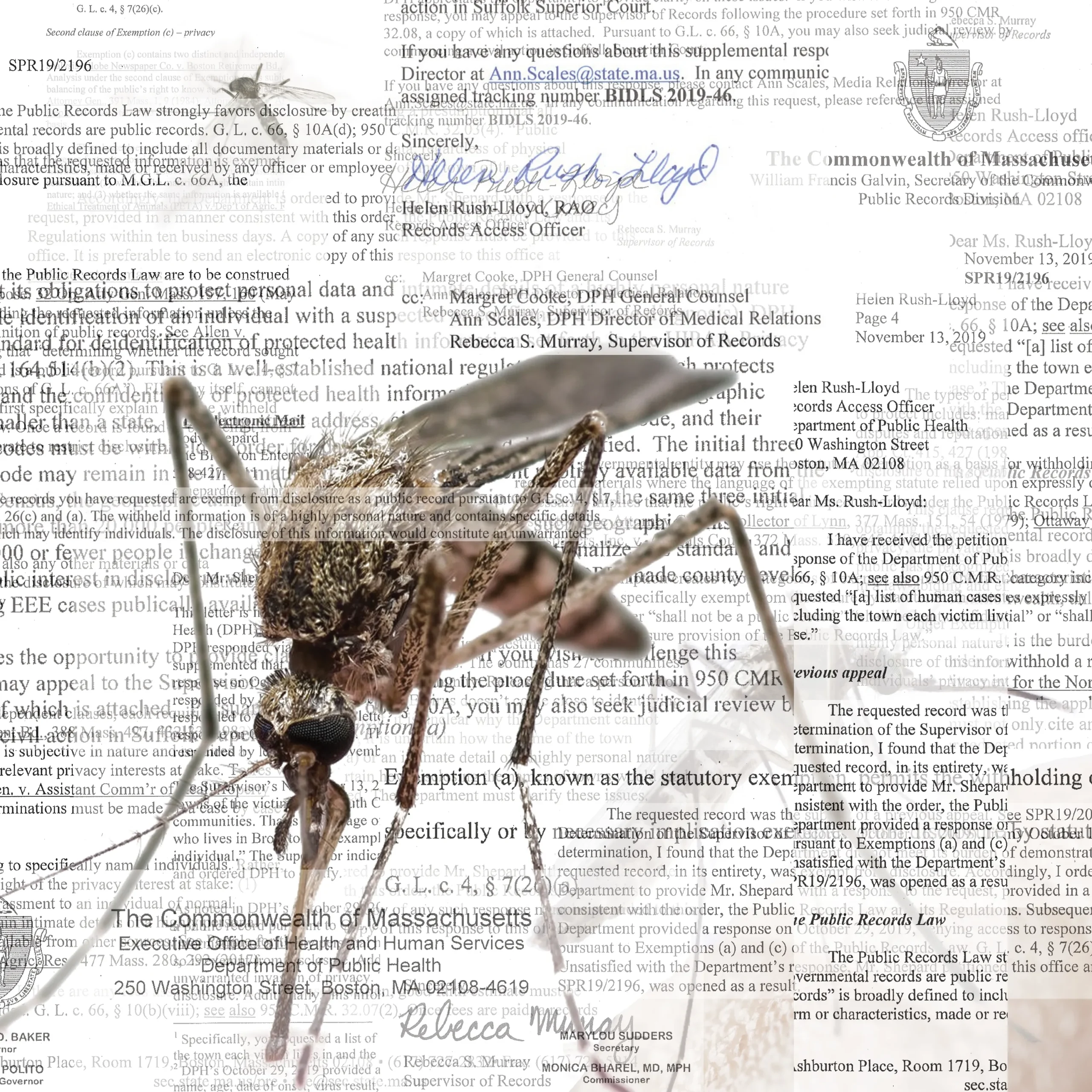As the warm summer months continue, residents of Massachusetts are being urged to remain vigilant against a potentially deadly mosquito-borne virus that has recently emerged as a significant concern. This blog will explore the current situation, the impact of this virus on local communities, and the steps you can take to protect yourself and your loved ones.
Understanding the Deadly Mosquito-Borne Virus
The term “deadly mosquito-borne virus” may sound alarming, but it’s important to understand what this means for Massachusetts. Several mosquito-borne viruses pose serious health risks, including Eastern Equine Encephalitis (EEE) and West Nile Virus. Each of these can cause severe illness or even death if contracted. While health officials have been tracking these viruses for years, a recent uptick in cases has heightened the alert in several towns across the state.

Eastern Equine Encephalitis (EEE) and West Nile Virus: A Closer Look
Eastern Equine Encephalitis (EEE) is one of the most severe mosquito-borne diseases in the United States. The virus can cause inflammation of the brain and has a high mortality rate. Although EEE is rare, its severity makes it a significant concern for health officials and residents alike.
West Nile Virus, on the other hand, is more common but can still be dangerous. Most people infected with West Nile Virus experience mild symptoms, but in some cases, the virus can lead to serious neurological conditions or even death.
How the Virus is Spreading
Mosquitoes become infected with these viruses when they bite infected birds. The viruses then circulate in the mosquito’s bloodstream and can be transmitted to humans and other animals. The recent uptick in cases in Massachusetts has been linked to higher-than-usual mosquito activity and increased bird infections.
Recent reports suggest that specific towns are experiencing higher levels of mosquito activity, prompting local officials to issue alerts and take preventive measures. Areas with standing water, such as ponds and marshes, are particularly prone to mosquito breeding and are therefore being monitored closely.
Impact on Massachusetts Communities
The alert over the potentially deadly mosquito-borne virus has led to a series of precautionary measures and public health campaigns. Towns across Massachusetts are stepping up their efforts to combat the spread of this virus, including:
- Increased Mosquito Control Measures: Local authorities are implementing more frequent spraying of insecticides in affected areas to reduce mosquito populations. Additionally, there are efforts to treat standing water and other potential breeding sites.
- Public Awareness Campaigns: Information is being disseminated to the public regarding how to protect themselves from mosquito bites. This includes advice on using insect repellent, wearing long sleeves and pants, and avoiding outdoor activities during peak mosquito activity times.
- Enhanced Monitoring: Health officials are increasing surveillance to track the spread of the virus. This includes testing mosquitoes for the presence of EEE and West Nile Virus, as well as monitoring for any new cases in humans.
Preventative Measures You Can Take
While local authorities are working diligently to address the issue, it is crucial for individuals to take personal precautions to minimize the risk of contracting the deadly mosquito-borne virus. Here are some practical tips:
- Use Insect Repellent: Apply an EPA-approved insect repellent that contains DEET, picaridin, or oil of lemon eucalyptus to exposed skin. Reapply as directed, especially after swimming or heavy sweating.
- Wear Protective Clothing: When outdoors, wear long sleeves, long pants, and socks to reduce the amount of exposed skin. Light-colored clothing is recommended, as mosquitoes are more attracted to dark colors.
- Avoid Peak Mosquito Hours: Mosquitoes that carry viruses are most active during dawn and dusk. Try to limit outdoor activities during these times or ensure you are well-protected if you do go outside.
- Eliminate Standing Water: Mosquitoes breed in standing water, so regularly check and eliminate sources around your home. This includes birdbaths, flower pots, gutters, and any other containers that can collect rainwater.
- Maintain Screens and Nets: Ensure that windows and doors are fitted with screens to keep mosquitoes out of your home. If you’re sleeping outdoors or in a place where mosquitoes are prevalent, use a mosquito net.
The Role of Community and Local Government
The response to the deadly mosquito-borne virus is a collaborative effort between local governments, health departments, and the community. Effective communication and coordination are essential for managing the outbreak and protecting public health.
Local officials are continuously assessing the situation and adjusting their strategies as needed. Community members are encouraged to stay informed through official channels, such as town websites and public service announcements, to receive the latest updates and guidance.
Looking Ahead
As we move through the summer and into the fall, it is crucial to remain aware of the risks associated with the potentially deadly mosquito-borne virus. Continued vigilance and proactive measures will help minimize the impact of these viruses on Massachusetts communities.
By following the recommendations provided and staying informed about local developments, residents can play a vital role in protecting themselves and others from mosquito-borne illnesses. Health authorities will continue to monitor the situation closely and provide updates as necessary.
Conclusion
The emergence of a potentially deadly mosquito-borne virus in Massachusetts underscores the importance of staying informed and taking preventive actions. While the risk is real, it is manageable with the right precautions. By understanding the virus, adhering to public health advice, and working together as a community, we can reduce the threat and ensure a safer environment for all.
Read more
Liverpool’s Latest Lineup Update for Today’s Brentford Clash
Gotti vs Mayweather Jr.: Live Results and Round-by-Round Highlights
How to Choose the Right Attorney for Your Legal Needs
10 Questions to Ask Your Divorce Lawyer Before Hiring
